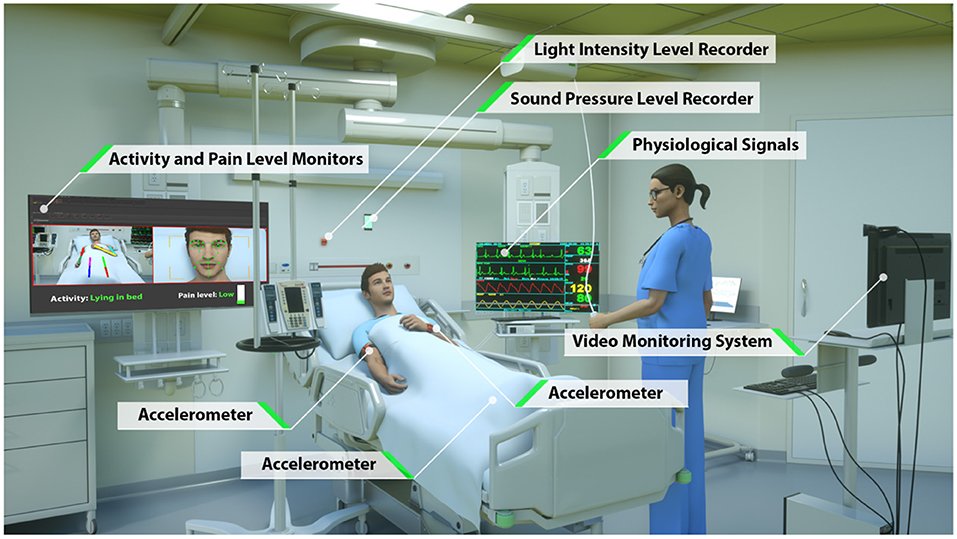Quick Summary
A recent study published in the INFORMS journal Information Systems Research demonstrates how an innovative artificial intelligence (AI) model is enhancing care in intensive care units (ICUs). This model not only improves the accuracy of predicting patient length of stay but also provides clinicians with clear, evidence-based insights for better decision-making.
Key Findings
- Improved Predictions: The AI model analyzes various medical factors, including patient age, medical history, and current health conditions, to predict ICU length of stay more accurately.
- Explainable AI: Unlike traditional models, this system offers transparent insights, allowing healthcare providers to understand the reasoning behind predictions, which fosters trust and confidence in clinical decisions.
- Resource Management: The model has the potential to alleviate ICU overcrowding, reduce readmission rates, and lower hospital costs by enabling better prioritization of care and resource allocation.
Expert Insights
Tianjian Guo, a professor at the University of Texas at Austin and one of the study authors, emphasized the significance of this model, stating, “By providing clear explanations based on real medical data, we’re equipping clinicians with the tools to make informed decisions about patient care.”
Indranil Bardhan, another co-author, noted that the explainable AI approach could significantly enhance decision-making in high-pressure ICU environments, ultimately improving patient outcomes.
Future Implications
- The research team hopes that hospitals worldwide will adopt this AI technology to enhance efficiency and decision-making in ICU settings.
- This advancement represents a crucial step in integrating advanced technology with the practical needs of healthcare professionals.
Study Reference
The study titled “An Explainable Artificial Intelligence Approach Using Graph Learning to Predict Intensive Care Unit Length of Stay” was published in 2024 in Information Systems Research.
